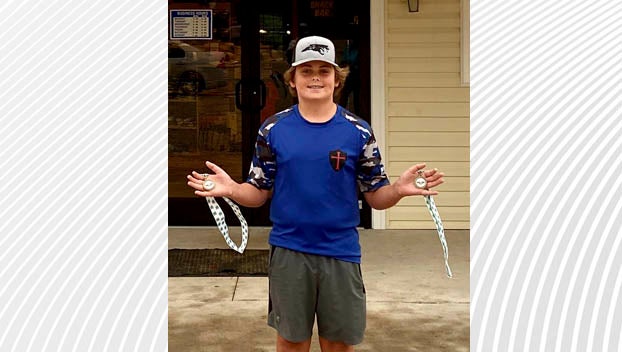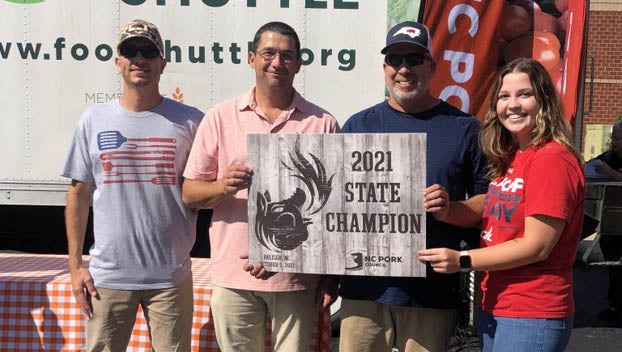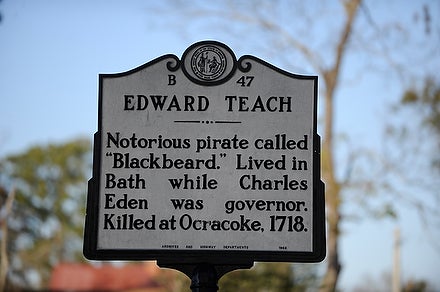Respecting the sacrifices made
Published 6:17 pm Thursday, February 13, 2020
It’s that time of year again — time to vote. But the odds are, most people won’t.
It’s a recurring trend in American elections, and although Beaufort County typically has a higher-than-national-average turnout, it’s still pretty lackluster.
In the 2018 primaries, 22.9% of registered voters cast a ballot in Beaufort County, or 7,543 out of 32,899 people. Those 7,500 people were the ones who ended up picking who would be on the ballot in November for important elections such as Sheriff and N.C. House of Representatives.
The last presidential primaries, back in 2016, were only slightly better. Almost 40% of registered voters came out for that one. That election also saw party voters pick their candidates for N.C. Governor, Council of State positions, N.C. House of Representatives and the Beaufort County Board of Commissioners.
For all the talk of how brave men and women sacrificed so much to maintain our rights as Americans, we sure don’t exercise those rights like we should. It’s true though. Aside from the American soldier, patriotic Americans have shed blood to ensure voting rights. African Americans were lynched for demanding the right to participate in the political process. Women seeking suffrage took to the streets, refusing to take no for an answer in the face of a male-dominated system.
Think about the U.S. Constitution. Three separate amendments address voting. The 15th prohibits federal and state governments from denying the right to vote based on “race, color or previous condition of servitude.” But state governments tried nonetheless through sneaky measures such as poll taxes, literacy tests and outright intimidation.
Then the 19th Amendment guarantees the right to vote for women. It followed an era where women were gradually becoming more independent. Even still, it didn’t quite get the job done for African-American women, Hispanic women and Native American women, who were still sometimes denied the right to vote up until the 1960s and ’70s.
Finally, the 26th Amendment, ratified in 1971, lowered the voting age from 18 to 21. The impetus for that came from the drafting of 18-year-old men who were sent off to fight for the United States in Vietnam. The slogan of the time became “old enough to fight, old enough to vote.”
In short, the story the U.S. Constitution tells is one of steadily expanding the right to vote to more and more Americans. While each step forward has been met with resistance from those who would rather preserve the status quo, today, voting is more accessible than ever before, and we should continue moving in that direction.
It’s not just that the elections themselves matter. They do, of course, and the people we choose to put in office will ultimately guide the direction of our county, state and nation. But beyond that, the right to vote has not come easy for many Americans. If you want to respect the sacrifices that have been made for such progress, the easiest way to do so is to exercise that right and cast your vote.





